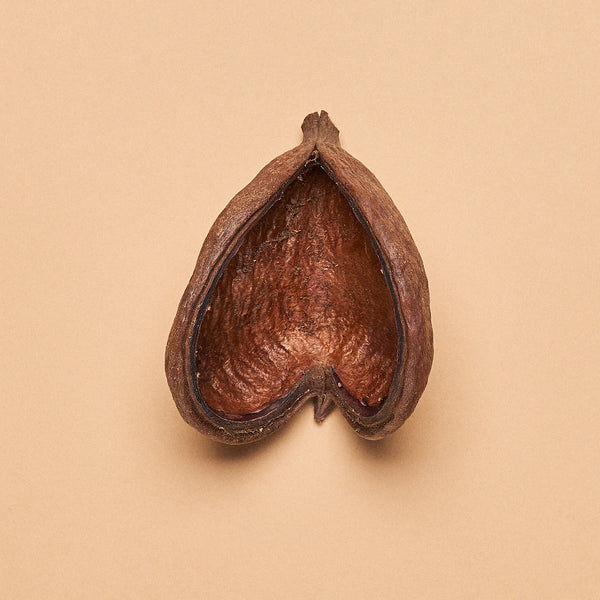- Continue Shopping
- Your Cart is Empty
"Nano" Lotus Seed Pod (Package of 36)
Sold Out
Like it's larger bretheren, this botanical is part of the "seed head" of the Lotus plant (Nelumbo nucifera). However, these little, light-as-a-feather botanicals average only 0.75- 1 inches (approx. 10.9-2.54 cm) in diameter!
Interestingly, the seeds, and possibly the seed pods of the Lotus are known to contain polyphenols, protein, polysaccharides...compounds often found in other botanicals and leaves to which "medicinal" properties for fishes are ascribed. However, we'll stop short of implying any benefit for your fishes other than their unique aesthetics!
PREPARATION: We recommend boiling them for approximately 40 minutes or so, followed by an overnight soak. Being super lightweight and quite buoyant, it will sometimes take a bit of effort to get these little guys down!
ORIGIN:Tamil Nadu, India
#nanolotusseedpod
NOTE: These are a natural product, and display variation in color, size, and texture. Each pod is unique! The photo serves as a reasonable representation of what to expect.
All of our aquatic botanicals are intended for ornamental aquarium or terrarium use only. Please use common sense and take the time to boil or soak all botanicals prior to using them, to reduce the possibility of problems. Always go slow when introducing any botanicals into your systems, so you can judge the effect they have on your fishes and plants. They are not intended for human consumption. DO NOT INGEST!
NOT FOR HUMAN CONSUMPTION
SEE OUR SHIPPING AND HANDLING PAGE FOR OUR SHIPPING POLICIES



Related Items
Sterculia Pod
Sold Out - $ 16.00
The beautiful fruit, or "follicle", as botanists call it) of the jungle tree Sterculia foetida are among our favorite botanicals! Also known locally in Southeast Asia as the "Java Olive." They are carefully collected as...
Tannin Aquatics "Enigma Explorer Pack"- Your custom-curated mystery collection!
Sold Out - $ 60.00
YOUR BOTANICAL JOURNEY BEGINS WITH THE CLASSIC "ENIGMA PACK" EXPERIENCE! We're all about the power of "self-curation"- empowering you to create with the widest selection of natural botanical materials around....
Cariniana Pod
Sold Out - $ 22.00
A true "gift from the jungle", the Cariniana Pod comes to us from the Cariniana legalis tree from South America. Interestingly, these are some of Brazil's oldest trees, with some...
















